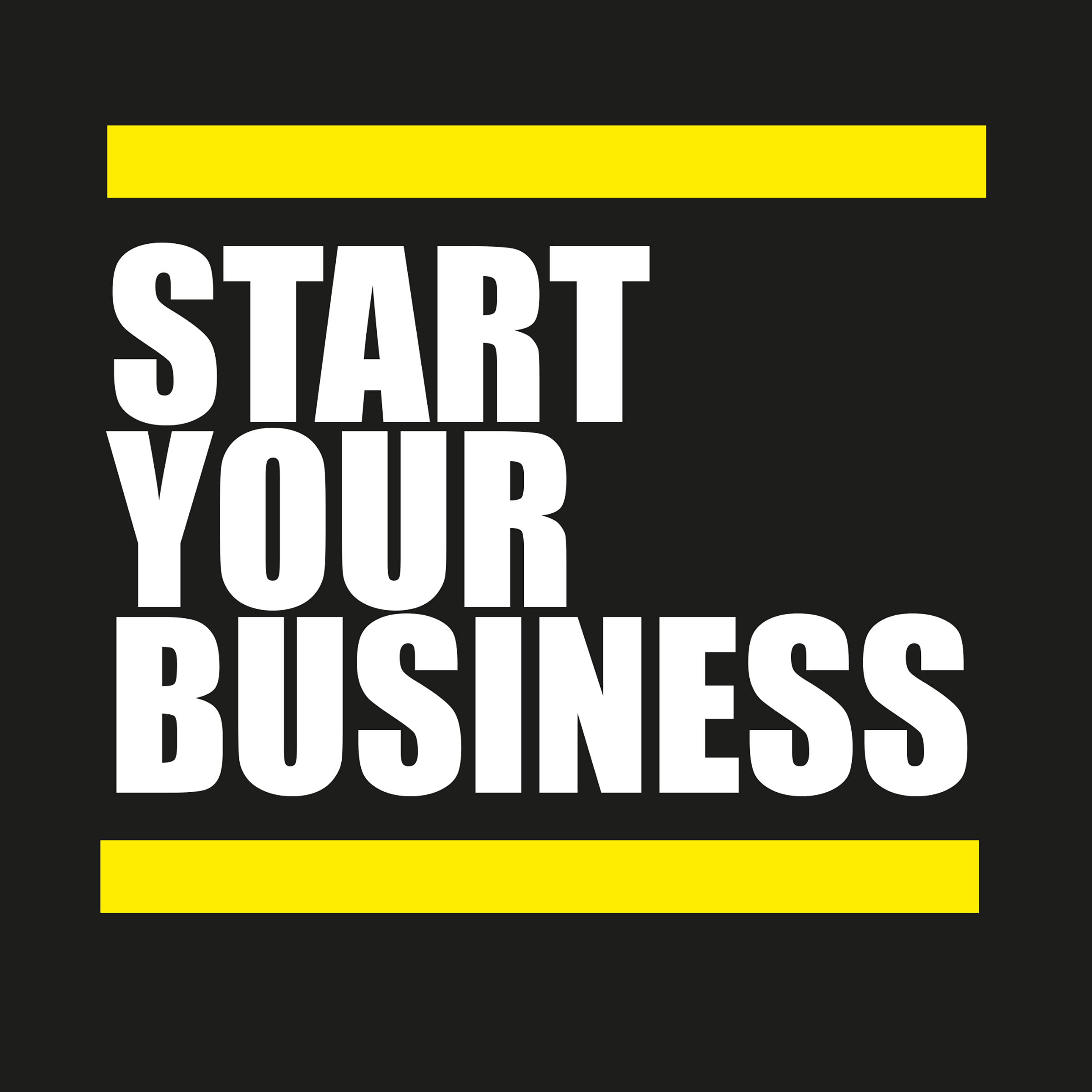Unlocking Growth With Brand Momentum?
By Tony Lewis
Why Brand Momentum is the key metric every company must monitor to gauge success
I still remember the day I started my own business, some 25 years ago. It’s been a fantastic experience—occasionally a bit topsy-turvy—but still one of the most rewarding things I’ve ever done. Vision One is a successful, small-to-mid sized international market research agency with a team of insights specialists focusing on understanding people, brands, and communications.
As researchers, we aim to help brands grow by gathering all types of customer insights. Today, we work with brands worldwide, from start-ups to iconic names. This is great for me because I have a passion for brands. It lets me study brands of all shapes and sizes and gives me a unique perspective on how they grow and achieve success. Following various discoveries over the past few years, I have been exploring new ways to measure and define brand equity—specifically, how to use consumer insights and surveys to predict and help explain how brands grow.
Just recently, I’ve managed to simplify this down to just one metric (via two questions), a measure I call ‘Brand Momentum.’ Like most people, you correctly assume that business or brand momentum is the notion of a period of sustained growth or an upward trajectory. It can also, however, mean extending the life of a brand and keeping it going. About eight years ago, when developing a brand measurement system called BrandVision, we made a discovery that radically transformed our thinking about brands. Essentially, we found that Monarch Airlines had a particularly poor score on our metric. Six months later, the sad but unsurprising news headlines told us the brand had gone into administration.
This left us wondering if we had stumbled upon something that could predict the future—something no other metric could do. This has since been the focus of my research, and the book exploring the new metric, The Momentum Factory, is launching later this year.
In case you’re wondering, Monarch isn’t the only example of such a prediction. Last year, we spotted that The Body Shop, once an iconic skincare and cosmetics chain, was showing weak momentum. Months later, to my disappointment, on February 13, this year, the business sadly also went into administration.
To briefly explain Brand Momentum, it has two key benefits for your business:
1. Accelerating Early Growth: Most marketing effects are short-lived, but some brand-building campaigns have a longer-term impact. We’ve discovered that specific brand image attributes can improve your overall image and help it grow.
2. Prolonging Brand Life: I use the analogy of a large, moving object. It can take a fully loaded Supertanker at sea around 15-20 minutes (or 6 miles) to come to a stop. They turn off their engines 25 kilometres before they reach their destination. This highlights the importance of an object’s size and speed, which are the same for brands.
One crucial image attribute that drives momentum is brand vitality, which many start-ups possess due to their newness. Brands with vitality appear energetic, youthful, enthusiastic, and exciting! This benefits start-ups, suggesting the brand is on its way to popularity and success. If there’s any doubt, maximise your vitality while you can!
Some companies mistakenly try to skip this phase, attempting to highlight trustworthiness and familiarity instead. This misguided thinking rarely works; bypassing this step robs your brand of exploiting its energy during the introduction phase. Remember, perceptions of brand vitality are attractive and will encourage people to buy (immediately or sometime in the future). So go out, make a splash, and be proud to be new and exciting! And at some point in the future, you might need to re-inject some vitality to keep the brand moving.
One fundamental rule of growth is to focus on attracting new customers, which should be at the heart of your business strategy. Having more customers (i.e., a large mass) offers numerous benefits: more people are potentially talking about and recommending you, and research shows bigger brands typically have more loyal customers.
All brands are like leaky buckets; yours will be the same, so you need to keep topping it up. Most brands fail when they start losing more customers than they gain. As a business owner, you’ll be closely involved in your marketing. Investing in cost-effective ways to attract new customers—websites and social media are great—but being visible elsewhere builds extra trust.
Today, most marketing and brand experts agree that the goal is to become synonymous with your market and strongly associated with what customers want and need. These are at the heart of building brand momentum. Momentum isn’t just about outward growth; it’s an internal philosophy—brands with strong momentum radiate energy throughout their practices, marketing, and customer connections.
They don’t just build growth; they build movement.
Tony Lewis is the founder and Managing Director of strategic market research consultancy Vision One. For more information about Brand
Momentum, visit www.visionone.co.uk.


